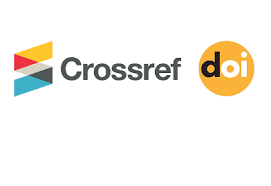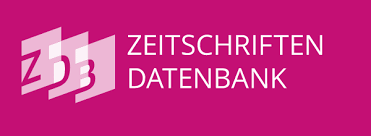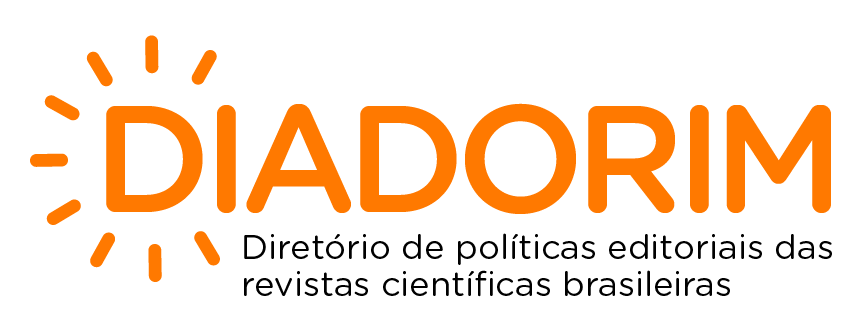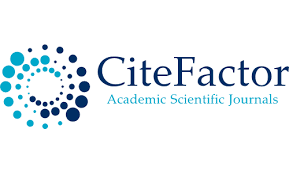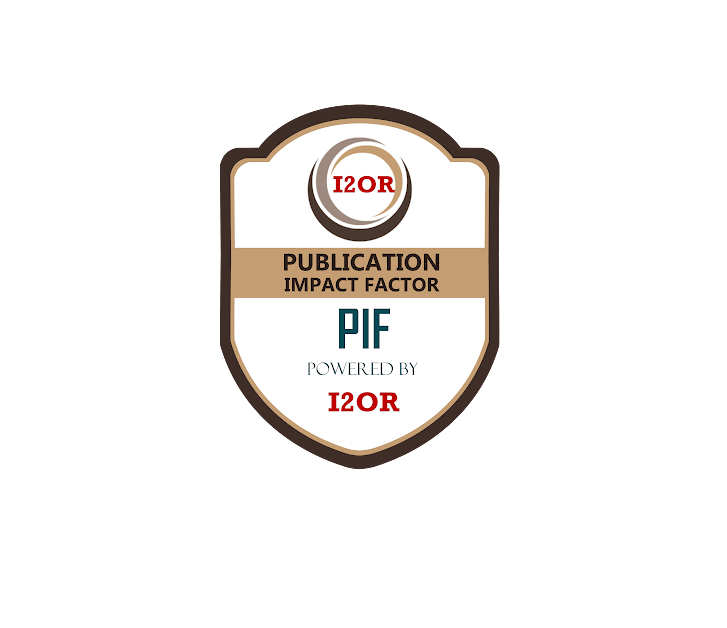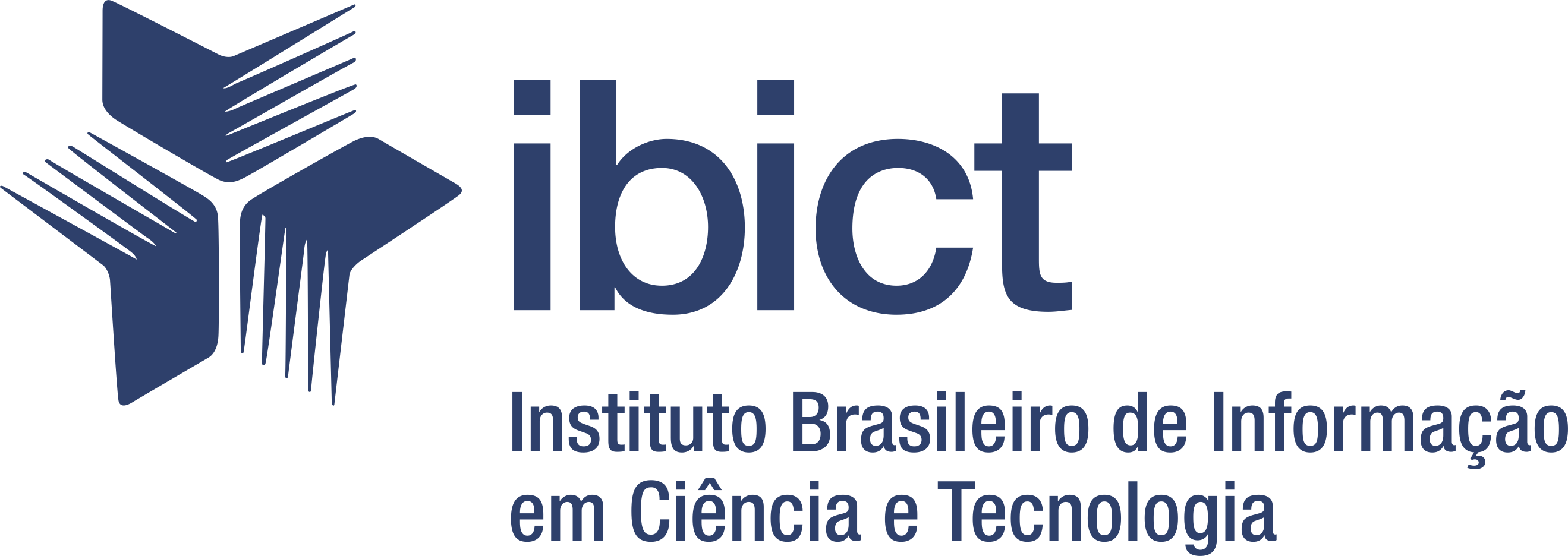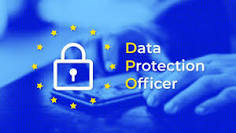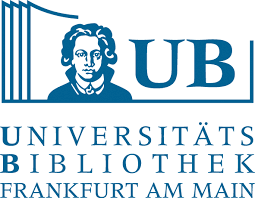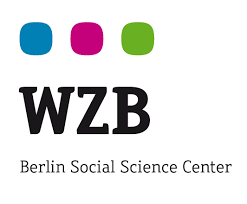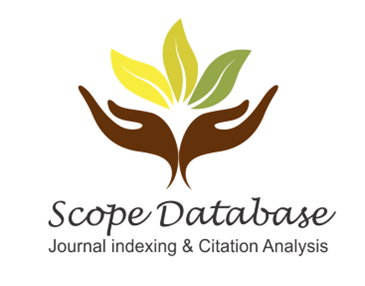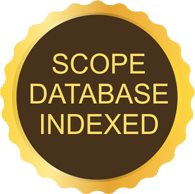STATISTICAL EVALUATION OF DATA ABOUT STRESS OF UNIVERSITY STUDENTS DURING THE QUARANTINE OF 2020 IN LA PAZ, BOLIVIA
DOI:
https://doi.org/10.53612/recisatec.v2i12.219Keywords:
Academic stress, Virtual classes, studentsAbstract
The COVID-19 pandemic has forced national governments to take several measures to address the need for population isolation to prevent the spread of the virus. In this context, the use of virtual tools has been required by educational entities to maintain classes, which has challenged teachers and students. For the university students, during the quarantine of 2020, symptoms of stress were evidenced, affecting their performance in classes. This project evaluated some stress markers and how they affect students. For this, a cross-sectional study was performed, taking an aleatory sample of 39 individuals through a virtual survey. 100% of the students knew the meaning of stress, and 95% felt some associated symptoms. Additionally, associations were evaluated with the Chi-square test. Statistically significant results were found when assessing happiness and feelings about virtual classes despite the lack of adaptation to virtual platforms. Also, the probability of presenting stress-associated symptomatology decreases when students are comfortable and happy, from 0.75 to 0.58. Finally, task overload, difficulty handling platforms, and being left with doubts were determined as the variables with the highest percentages among our sample; more than 75% suffer from stress.
Downloads
References
Águila Alfonso B, Calcines Castillo M, Monteagudo de la Guardia R, Nieves Achon Z. (2015). Estrés académico. EduMeCentro. 2015;7(2). Available in: http://www.revedumecentro.sld.cu/index.php/edumc/article/view/530/html_48
American Psychological Association. (2021). Stress in America TM 2020: Stress in the Time of COVID-19, Volume One. apa.org. 2020 [cited 2021 May 27]. Available in: https://www.apa.org/news/press/releases/stress/2020/report
Ayala, R. E. D., Rojano, Á. E. V., & Aboytes, A. S. R. (2021). Emergencia sanitaria covid-19, salud psicológica y estrés: NEWTON EDICION Y TECNOLOG.
Barraza Macías A. (2006). Un modelo conceptual para el estudio del estrés académico. Revista electrónica de Psicología Iztacala. 2006;9(3):110–29.
Chiu A, Chon SY, Kimball AB. (2003). The Response of Skin Disease to Stress. Arch dermatol. 2003; 139:897–900. DOI: https://doi.org/10.1001/archderm.139.7.897
Decreto Supremo 4196 (COVID - 19) Bolivia. Gaceta Oficial de Bolivia Mar 17, 2020. Available from: http://www.gacetaoficialdebolivia.gob.bo/normas/buscar/decreto%20supremo%204196%20covid#nogo22
Espinosa Ferro, Y., Mesa Trujillo, D., Díaz Castro, Y., Caraballo García, L., & Mesa Landín, M. Á. (2021). Estudio del impacto psicológico de la COVID-19 en estudiantes de Ciencias Médicas, Los Palacios. Revista Cubana de Salud Pública, 46, e2659.
Espinoza Inga JM. (2009). Nivel de vulnerabilidad frente al estrés en estudiantes del primer año de enfermería, UNMSM, 2008. [Lima, Perú]: Universidad Nacional Mayor de San Marcos.
Juanes Giraud, B. Y., Munévar Mesa, O. R., & Cándelo Blandón, H. (2020). La virtualidad en la educación. Aspectos claves para la continuidad de la enseñanza en tiempos de pandemia. Conrado, 16(76), 448-452.
Maceo Palacio O, Maceo Palacio A, Ortega Varón Blanco Y, Maceo Palacio M, Peralta Roblejo Y. (2013). Estrés académico: causas y consecuencias. Mul Med. 2013;17(2):1–15.
Ozamiz-Etxebarria, N., Dosil-Santamaria, M., Picaza-Gorrochategui, M., & Idoiaga-Mondragon, N. (2020). Niveles de estrés, ansiedad y depresión en la primera fase del brote del COVID-19 en una muestra recogida en el norte de España. Cadernos de Saúde Pública, 36, e00054020. DOI: https://doi.org/10.1590/0102-311x00054020
Ramos, N. A. G., Araoz, E. G. E., Uchasara, H. J. M., Araoz, M. C. Z., & Roque, M. M. (2021). Estrés académico en estudiantes universitarios peruanos en tiempos de la pandemia del COVID-19. Archivos venezolanos de farmacología y terapéutica, 40(1), 88-93.
Rivera S. (2020). Universitarios, con estrés por clases virtuales: FEUM [Internet]. La Unión Noticias. [cited 2021 Jun 1]. Available in: https://launion.com.mx/morelos/sociedad/noticias/161498-universitarios-con-estres-por-clases-virtuales-feum.html
Shankar, N. L., & Park, C. L. (2016). Effects of stress on students' physical and mental health and academic success. International Journal of School & Educational Psychology, 4(1), 5-9. DOI: https://doi.org/10.1080/21683603.2016.1130532 DOI: https://doi.org/10.1080/21683603.2016.1130532
Downloads
Published
How to Cite
Issue
Section
Categories
License
Copyright (c) 2022 RECISATEC - SCIENTIFIC JOURNAL HEALTH AND TECHNOLOGY

This work is licensed under a Creative Commons Attribution 4.0 International License.
Os direitos autorais dos artigos/resenhas/TCCs publicados pertecem à revista RECISATEC, e seguem o padrão Creative Commons (CC BY 4.0), permitindo a cópia ou reprodução, desde que cite a fonte e respeite os direitos dos autores e contenham menção aos mesmos nos créditos. Toda e qualquer obra publicada na revista, seu conteúdo é de responsabilidade dos autores, cabendo a RECISATEC apenas ser o veículo de divulgação, seguindo os padrões nacionais e internacionais de publicação.








